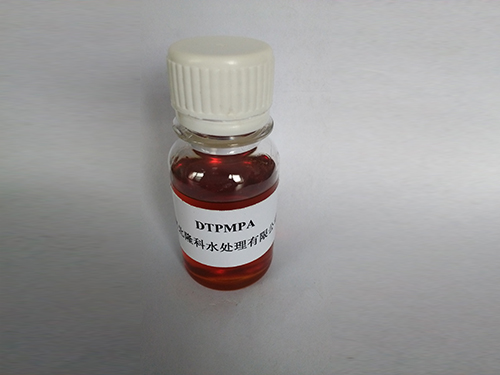limescale inhibitor
Understanding Limescale Inhibitors A Key to Efficient Water Use
Limescale is a common problem faced by many households and industries, caused by calcium carbonate and other mineral deposits that accumulate in pipes and appliances. This buildup can lead to reduced efficiency, increased energy costs, and even the premature failure of appliances such as water heaters, dishwashers, and kettles. To combat this issue, limescale inhibitors serve as an effective solution, providing a means of maintaining the efficiency and longevity of plumbing systems and appliances.
Limescale inhibitors work through various methods to prevent the formation of scale. One of the most common methods is the use of chemical inhibitors, which alter the properties of the minerals in hard water, preventing them from precipitating and forming deposits. These chemicals can include phosphates, polyphosphates, and other organic compounds that bind to calcium and magnesium ions, keeping them in solution and reducing the likelihood of scale formation.
Another approach involves the use of physical methods such as electromagnetic or magnetic water treatments. These systems claim to change the physical properties of water, influencing how minerals behave and preventing them from adhering to surfaces. While some studies suggest that these methods may have a limited effect on limescale prevention, they are often seen as a supplementary option rather than a standalone solution.
limescale inhibitor

The effectiveness of limescale inhibitors can be influenced by several factors, including the specific water chemistry in a given area. Regions with particularly hard water may require more robust treatment solutions. The selection of an appropriate inhibitor must consider not only the effectiveness in scale prevention but also its safety and compatibility with existing plumbing and appliances.
In residential settings, installing a limescale inhibitor can lead to significant cost savings. Homeowners can experience lower energy bills due to increased efficiency in heating systems and appliances. Additionally, it can extend the lifespan of these appliances, reducing the need for costly replacements. The reduction in limescale buildup can also lead to better water flow and pressure, enhancing overall water quality.
Industrially, limescale inhibitors are critical in maintaining operational efficiency. In sectors like manufacturing and food processing, where equipment downtime can result in substantial losses, using limescale management strategies is vital. Regular maintenance and the application of inhibitors can prevent the costly ramifications of limescale-related issues.
In conclusion, limescale inhibitors play a crucial role in water treatment, offering practical solutions for both households and industries. By preventing the harmful effects of mineral deposits, these inhibitors help to conserve energy, reduce costs, and prolong the life of vital appliances and systems. As awareness of water quality and efficiency continues to grow, the adoption of limescale inhibitors will likely become more widespread, contributing to sustainable resource management and cost-effective water use.
-
Water Treatment with Flocculant Water TreatmentNewsJun.12,2025
-
Polymaleic AnhydrideNewsJun.12,2025
-
Polyaspartic AcidNewsJun.12,2025
-
Enhance Industrial Processes with IsothiazolinonesNewsJun.12,2025
-
Enhance Industrial Processes with PBTCA SolutionsNewsJun.12,2025
-
Dodecyldimethylbenzylammonium Chloride SolutionsNewsJun.12,2025





